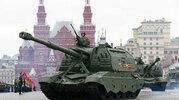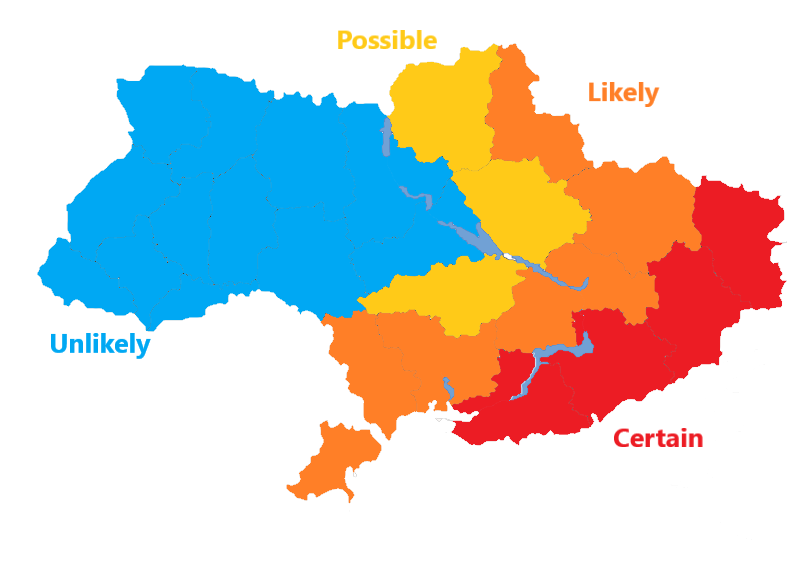Apparently, the IAEA commission is in Russian controlled area and have arrived at Energodar NPP

 t.me
t.me
UAF tried to do something to prevent the IAEA from carrying out their mission.
From Kotsnews

Комсомольская правда: KP.RU
⚡️ Миссия МАГАТЭ прибыла на территорию ЗАЭС. Подписаться на @truekpru
The IAEA mission has arrived (Kotsnews ) to the territory of the NPP.
Subscribe to @truekpru (Telegram – a new era of messaging /+p3pOHrMFlcI0NWRi)
It is reported from the field that the IAEA mission, accompanied by Russian "Tigers", is already on our territory.
Telegram (Kotsnews)
Kotsnews
UAF tried to do something to prevent the IAEA from carrying out their mission.
From Kotsnews
Peskov before the arrival, from СОЛОВЬЁВWhat actually happened today in Energodar and on the approaches to the NPP.
It's never happened before-and here it is again. Ukraine has violated the agreements. Unbelievably. Instead of observing the silence regime, in the interests of the IAEA delegation, which intended to visit the Zaporozhye nuclear power plant, they decided to attack it, the NPP.
Of course, Kiev is not interested in foreign specialists being present on the territory of the NPP today, who are able to record who is firing near and directly at the station itself.
It is not by chance that the Russian side insisted that ballistics experts come to the mission who are able to distinguish "fired on themselves" from terrorist attacks from the other side of the Dnieper (which is still under Kiev's control).
There is only one way out - to control the work of the IAEA exactly within the framework that is beneficial to Ukraine by seizing the station. And it is better to disrupt her visit to the nuclear power plant altogether.
...The first 60 saboteurs landed at dawn on seven high-speed motorboats to the northeast of the power plant. And under the cover of artillery, which from the other side of the Dnieper brought down fire on Energodar, rushed to storm the facility.
At the same time, two barges with the main enemy forces and ammunition left Nikopol (controlled by Kiev), which were supposed to approach the NPP exactly to capture the station. Of course, under the circumstances, Russia would hardly have launched large-scale military operations on the territory of a nuclear power plant in front of the IAEA mission.
But something went wrong. The stormtroopers were blocked and mostly destroyed. The units of the Ministry of Defense, and the units of the Russian Guard, and aviation, and artillery participated in their defeat. I would venture to assume that the movements of the saboteurs were monitored from the very beginning and they were allowed to go exactly to the place where it was most convenient to eliminate the group.
Two barges with the main forces rest on the bottom of the Dnieper. The Russian Defense Ministry assured that, despite Kiev's provocations, it controls the situation at the nuclear power plant and is ready to ensure the safety of the IAEA experts. And the mission itself revealed a desire to continue his journey to Energodar. The special operation, which, as they say, was being prepared with the active participation of British intelligence Mi6, failed.
[...]
My detailed analysis (Отчаянный шаг Зеленского: Зачем диверсионные группы Киева пытались захватить Запорожскую АЭС /).
The arrival does not mean they will see anything, but let's see.Peskov spoke about Moscow's concerns about the IAEA mission's trip to the nuclear power plant
Of course, we are afraid of provocations from the Ukrainian side, given that the barbaric shelling does not stop. We also see other attempts to destabilize the situation. But we are still waiting for this mission, we are ready to cooperate. We are interested in her arriving at the station.









